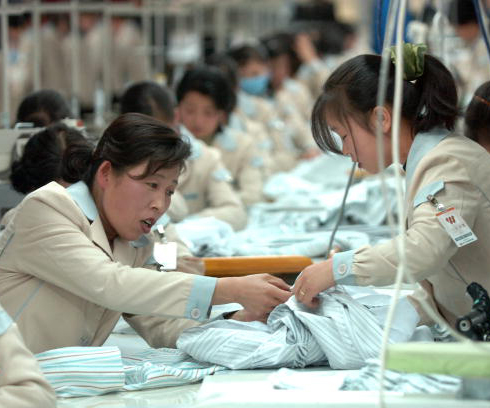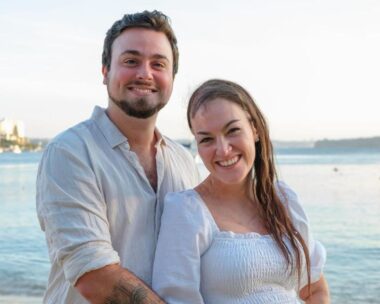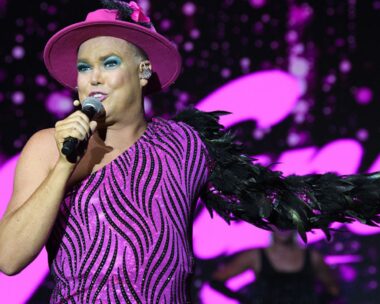An explosive Fairfax Media investigation has revealed that Aussie surfwear giant, Rip Curl, has been manufacturing garments out of North Korean factories where the workers are forced to withstand slave-like conditions reports Sydney Morning Herald.
The range of winter garments were shipped to retail stores with a “Made in China” tag on them, which according to non-governmental agencies raises the likelihood that other large Australian clothing brands are doing this too.
Rip Curl has blamed one of their subcontractors for the use of the Taedonggang Clothing Factory near the North Korean capital Pyongyang, with Chief Financial Officer, Tony Roberts stating:
“We were aware of this issue, which related to our Winter 2015 Mountain-wear range, but only became aware of it after the production was complete and had been shipped to our retail customers.
“This was a case of a supplier diverting part of their production order to an unauthorised subcontractor, with the production done from an unauthorised factory, in an unauthorised country, without our knowledge or consent, in clear breach of our supplier terms and policies.
“We do not approve or authorise any production of Rip Curl products out of North Korea.”
Rip Curl Mountainwear range
Factory conditions in North Korea are notoriously horrific, with North Korean defectors telling human rights activists that they are forced to work long hours with little to no pay. If they disobey they can be imprisoned in work camps.
Being unaware is a paltry excuse, says Oxfam’s CEO, Dr Helen Szoke.
“Australians would be shocked to hear that an iconic Australian brand with roots on the surf coast of Victoria can’t confidently track clothing produced within its own supply chain.
“Rip Curl has no excuse for being unaware of what is happening. Companies are responsible for human rights abuses within their businesses – not only morally but also within international human rights frameworks,” Dr Szoke said.




